Epidemiologist Dr. Sandro Galea joins us to discuss how we can strengthen public health resources to not only respond to the next pandemic but strive for equity in the way we approach the health of the nation.
Read more


Epidemiologist Dr. Sandro Galea joins us to discuss how we can strengthen public health resources to not only respond to the next pandemic but strive for equity in the way we approach the health of the nation.
Read more
Journalist Sam Quinones joins us to discuss the rise in synthetic meth, the economic costs to the marketplace of illicit drugs, and the emotional and physical toll it’s had on those addicted.
Read more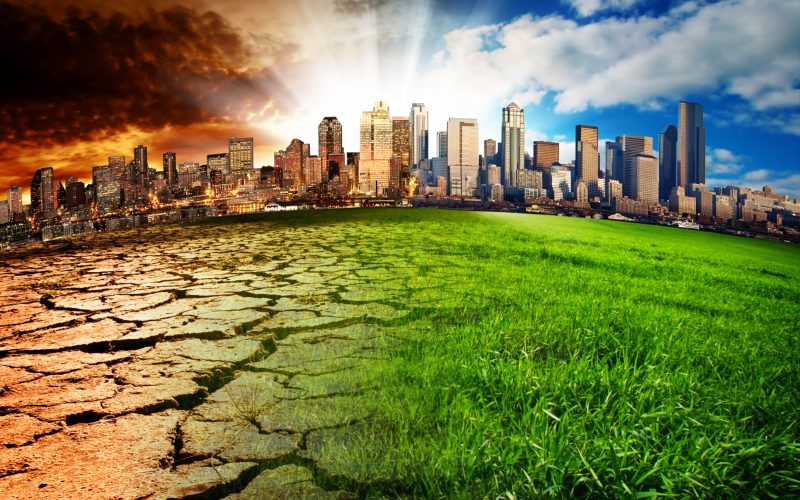
Katharine Hayhoe, chief scientist of The Nature Conservancy, joins us to discuss strategies for talking about climate change and how to connect to skeptics by finding shared values.
Read more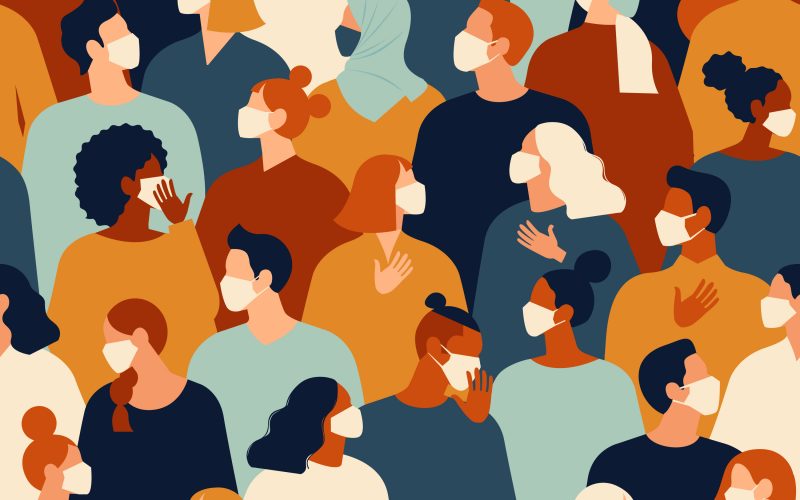
Dr. Scott Gottlieb joins us to discuss what he calls a system-wide failure of government to control Covid-19, and what needs to happen to prepare for the next global health emergency.
Read more
Seth G. Jones is director of the International Security Program at the Center for Strategic and International Studies, and he joins us to talk about American adversaries who are changing the game when it comes to international conflict.
Read more
Dr. James Cutrell, associate professor in the Department of Internal Medicine at UT Southwestern Medical Center, joins us to discuss how the virus is changing and spreading, and what it means for the future of the pandemic.
Read more
Elliot Ackerman is a former U.S. Marine and intelligence officer, and he joins us to talk about what warfare looks like today, the increasing military-civilian divide, and what the wars in Afghanistan and Iraq have cost America beyond dollars and lives lost.
Read more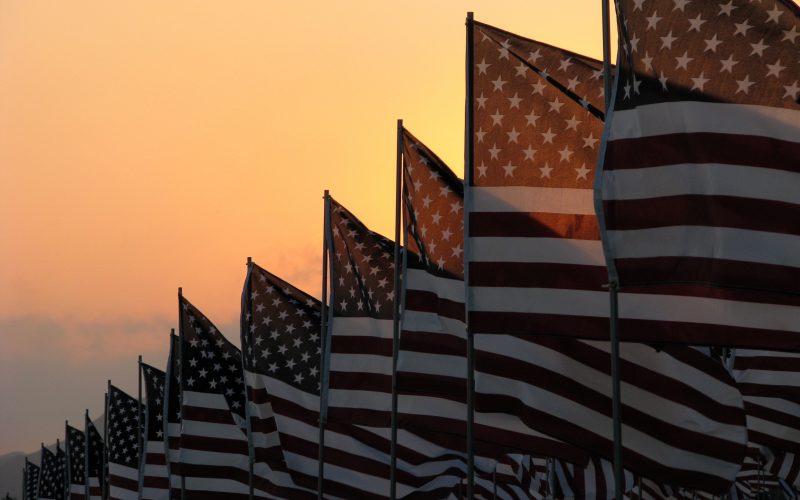
Filmmaker Michael Kirk joins us to discuss the decisions made since that day that have altered the course of American and world history, from the war in Afghanistan to the January 6th insurrection.
Read more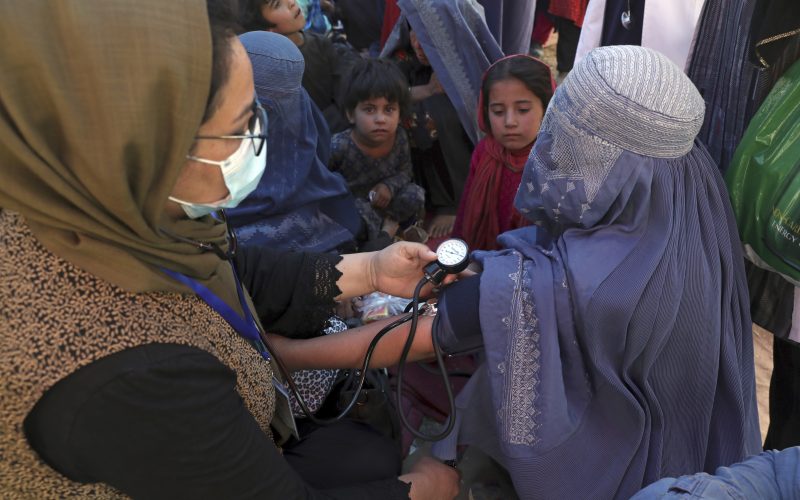
Meighan Stone, an adjunct senior fellow in the Women and Foreign Policy program at the Council on Foreign Relations, joins us to talk about the humanitarian fallout of the rapid collapse of the nation and how the U.S. might help aid the women and girls left behind.
Read more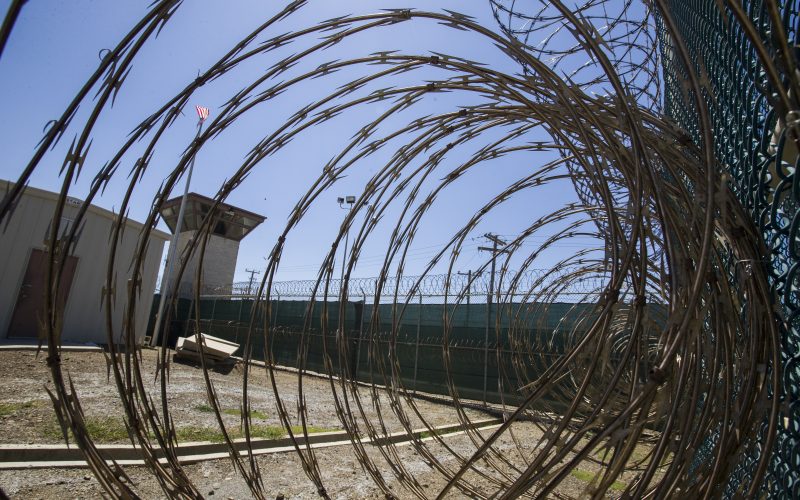
Mansoor Adayfi was held at Guantánamo Bay Detention Camp for more than 14 years without charges, and he joins us to tell his personal story of being kidnapped at age 18 by warlords in Afghanistan and sold to the U.S. after 9/11.
Read more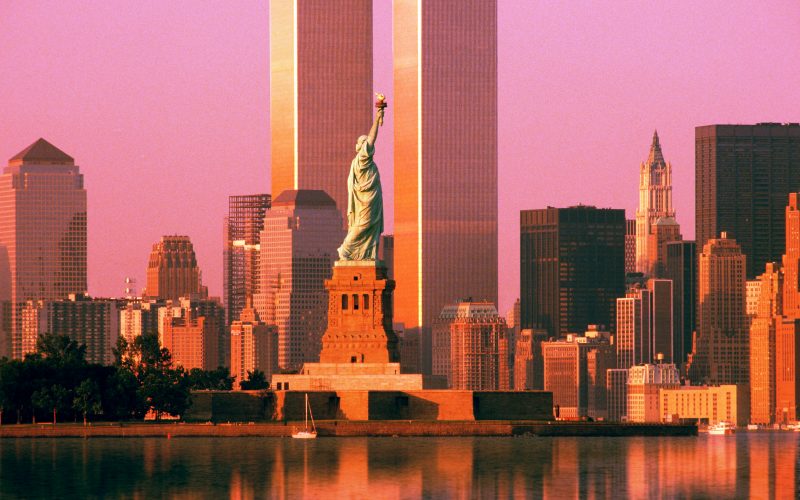
Filmmaker Dan Reed joins us to discuss the trial of the “Liberty City Seven,” accused of conspiring with al Qaeda to blow up U.S. buildings despite the fact that they didn’t have weapons or communicate with the organization.
Read more
Catherine Wolff joins us to discuss the concept of heaven, how it’s been framed in art, literature and religion through the ages, and how that has changed with modern beliefs.
Read more